 |
| July 27, 2020 |
Dear Reader,
Here are some highlights from today's roundup: - The coronavirus has killed a disproportionate number of people of color in the U.S. Our editorial explains some of the ways to reduce the harm.
- How should astronomers, meteorologists, or planetary scientists approach the recent proposals to study "unidentified aerial phenomena"? In an op-ed, two researchers suggest that an interdisciplinary scientific investigation is needed.
- Scientists have identified the gene responsible for a sea creature's rare ability to make an unlimited supply of sperm and eggs.
- The Department of Energy is taking a fresh look at a tough research problem that has baffled experts for more than a decade: developing a low-cost alternative to jet fuel.
|
| | Sunya Bhutta, Senior Editor, Audience Engagement
@sunyaaa | |
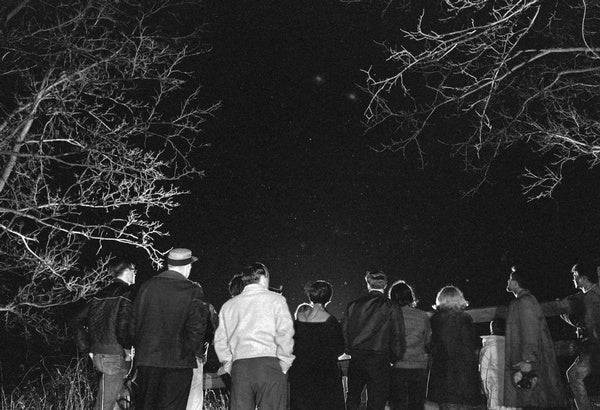 |
| |
| |
| |
| Public Health Vaccine Trials Should Reflect America's Diversity Racial minorities and those with underlying health conditions may be at a greater risk from coronavirus infection, but have historically been less likely to be included in clinical trials | | By JoNel Aleccia,Kaiser Health News | | | |
| |
| |
| |
| |
FROM THE STORE
 | | | |
| |
FROM THE ARCHIVE
 | | | |
LATEST ISSUES
 |
| |
| Questions? Comments?  | |
| Download the Scientific American App |
| |
| |



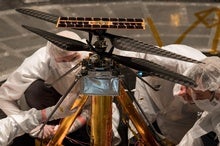

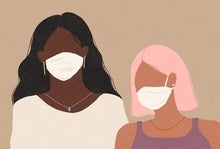

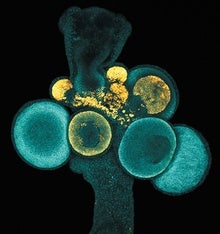


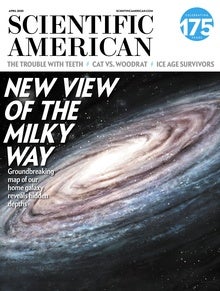

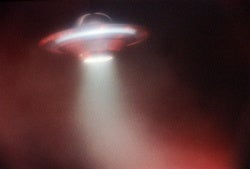
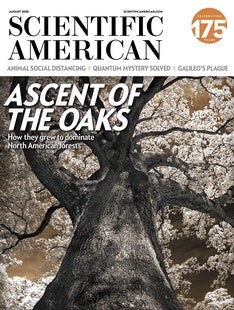

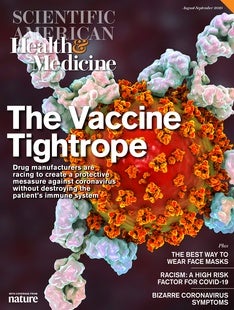
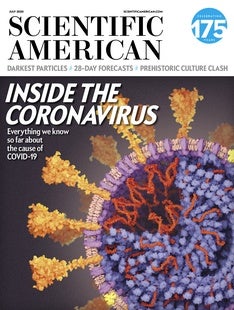
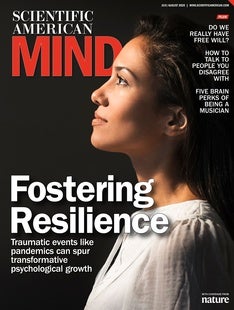



Comments
Post a Comment